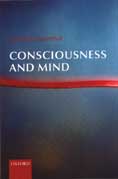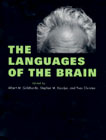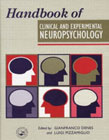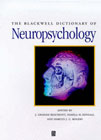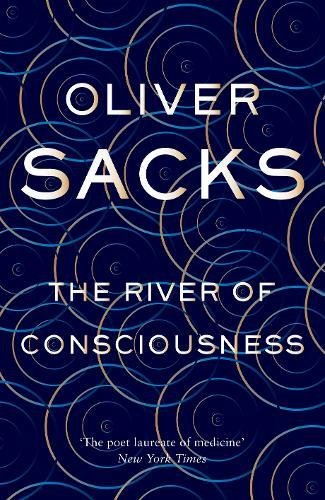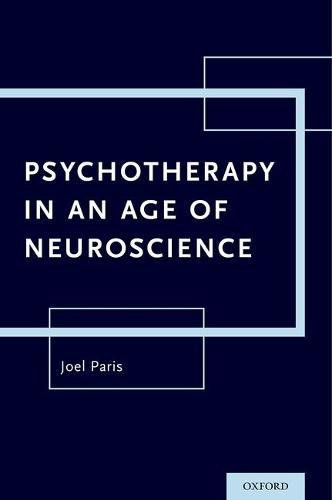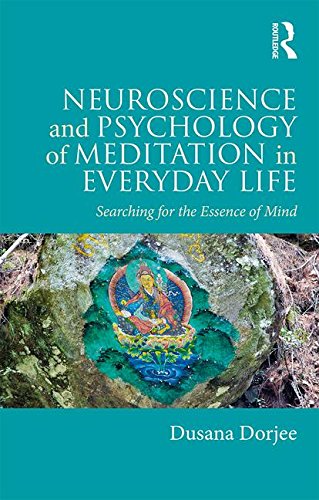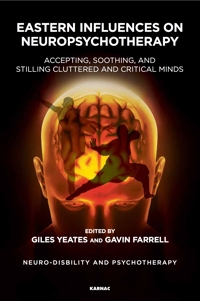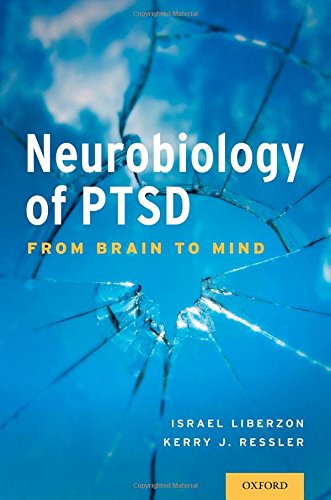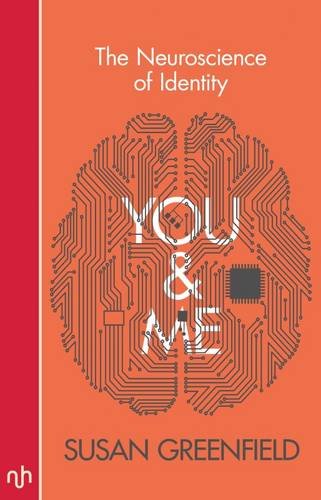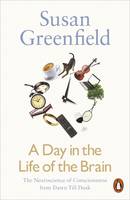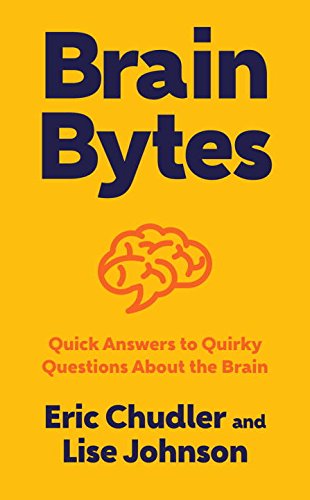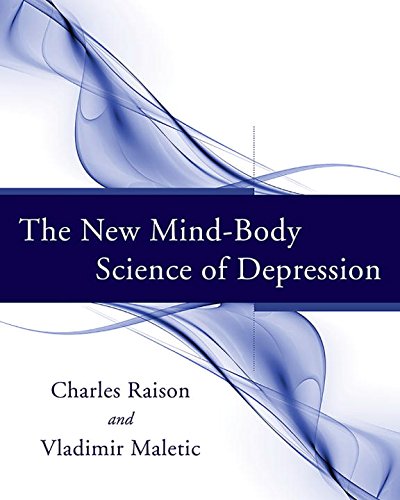Neuroscience Books
Consciousness and Mind
Consciousness and Mind presents David Rosenthal's influential work on the nature of consciousness. Central to that work is Rosenthal's higher-order-thought theory of consciousness, according to which... (more)
Emotional Development in Psychoanalysis, Attachment Theory and Neuroscience: Creating Connections
Drawing on a wide range of detailed case studies with subjects across childhood and adolescence, this book provides insight into how very different schools of thought can work together to achieve... (more)
The Languages of the Brain
The only way we can convey our thoughts in detail to another person is through verbal language. Does this imply that our thoughts ultimately rely on words? Is there only one way in which thoughts can... (more)
Private Life of the Brain
Challenging many preconceived notions, Susan Greenfields groundbreaking book seeks to answer one of sciences most enduring mysteries: how our unique sense of self is created. (more)
Handbook of Cognitive Neuropsychology
This volume reviews the full range of cognitive domains that have benefited from the study of deficits. Chapters cover not only the better-known domains such as language and memory, but also object... (more)
The River of Consciousness
In his previous books, Oliver Sacks had addressed questions of the brain and mind through the lens of case histories of individuals with neurological disorders. Recently, however, he had been... (more)
Psychotherapy in an Age of Neuroscience
Psychotherapy In an Age of Neuroscience is a critique of the neuroscience model that dominates contemporary psychiatric practice. It shows that while the neurosciences have made great advances, this... (more)
Neuroscience and Psychology of Meditation in Everyday Life: Searching for the Essence of Mind
Neuroscience and Psychology of Meditation in Everyday Life addresses essential and timely questions about the research and practice of meditation as a path to realisation of human potential for... (more)
Eastern Influences on Neuropsychotherapy: Accepting, Soothing, and Stilling Cluttered and Critical Minds
This release marks the first in the new series of annual book publications that has evolved from the journal Neuro-Disability and Psychotherapy: A forum for the practice and development of... (more)
Neurobiology of PTSD: From Brain to Mind
Neurobiology of PTSD outlines the basic neural mechanisms that mediate complex responses and adaptations to psychological trauma, describing how these biological processes are impaired in individuals... (more)
You & Me: The Neuroscience of Identity
What is it that makes you distinct from me? Identity is a term much used but hard to define. For that very reason, it has long been a topic of fascination for philosophers but has been regarded with... (more)
A Day in the Life of the Brain: The Neuroscience of Consciousness from Dawn Till Dusk
A world-renowned neuroscientist illuminates the science of consciousness by exploring a single day in the life of the brain.
Each of us has a unique, subjective inner world, one that we can... (more)
The Neuroscience of Psychotherapy: Healing the Social Brain: Third Edition
This groundbreaking book explores the recent revolution in psychotherapy that has brought an understanding of the social nature of people's brains to a therapeutic context. Louis Cozolino is a master... (more)
How People Change: Relationships and Neuroplasticity in Psychotherapy
Growth and change are at the heart of all successful psychotherapy. Regardless of one's clinical orientation or style, psychotherapy is an emerging process that s created moment by moment, between... (more)
Brain Bytes: Quick Answers to Quirky Questions About the Brain
From magazine covers to Hollywood blockbusters, neuroscience is front and centre. This popular interest has inspired many questions from people who wonder just what is going on in the three pounds of... (more)
The New Mind-Body Science of Depression
Depression has often been studied, but this multifaceted disease remains far from understood. Here, leading researchers present a major new view of the disorder that synthesises multiple lines of... (more)
Your Brain is a Time Machine: The Neuroscience and Physics of Time
Time is the most common noun in the English language yet philosophers and scientists don't agree about what time actually is or how to define it. Perhaps this is because the brain tells, represents... (more)
Dreams, Neuroscience, and Psychoanalysis: Mind, Body, and the Question of Time
Dreams, Neuroscience, and Psychoanalysis sets out to give a scientific consistency to the question of time and find out how time determines brain functioning. Neurological investigations into dreams... (more)
Collaborative Therapy and Neurobiology: Evolving Practices in Action
Collaborative Therapy and Neurobiology is the book many clinicians have been waiting for: an integration of twenty years of scientific and therapeutic cutting-edge ideas into concrete clinical... (more)
The Neuropsychodynamic Treatment of Self-Deficits: Searching for Complementarity
The Neuropsychodynamic Treatment of Self-Deficits examines how to work psychoanalytically with patients to address the problems that result from neuropsychological impairments, exploring the latest... (more)
Consciousness and the Brain: Deciphering How the Brain Codes Our Thoughts
How does our brain generate a conscious thought? And why does so much of our knowledge remain unconscious? Thanks to clever psychological and brain-imaging experiments, scientists are closer to... (more)
Metapsychology and the Foundations of Psychoanalysis: Attachment, Neuropsychoanalysis and Integration
Metapsychology and the Foundations of Psychoanalysis redresses faults in Freud's original conception to develop a coherent theoretical basis for psychodynamic theory. Simon Boag demonstrates that... (more)
Creative Psychotherapy: Applying the Principles of Neurobiology to Play and Expressive Arts-Based Practice
Creative Psychotherapy brings together the expertise of leading authors and clinicians from around the world to synthesise what we understand about how the brain develops, the neurological impact of... (more)
Inclusion, Play and Empathy: Neuroaffective Development in Children's Groups
Contributions from early childhood educators, teachers, psychologists, music therapists, occupational therapists, and psychotherapists highlight the crucial role that early relationships and... (more)



